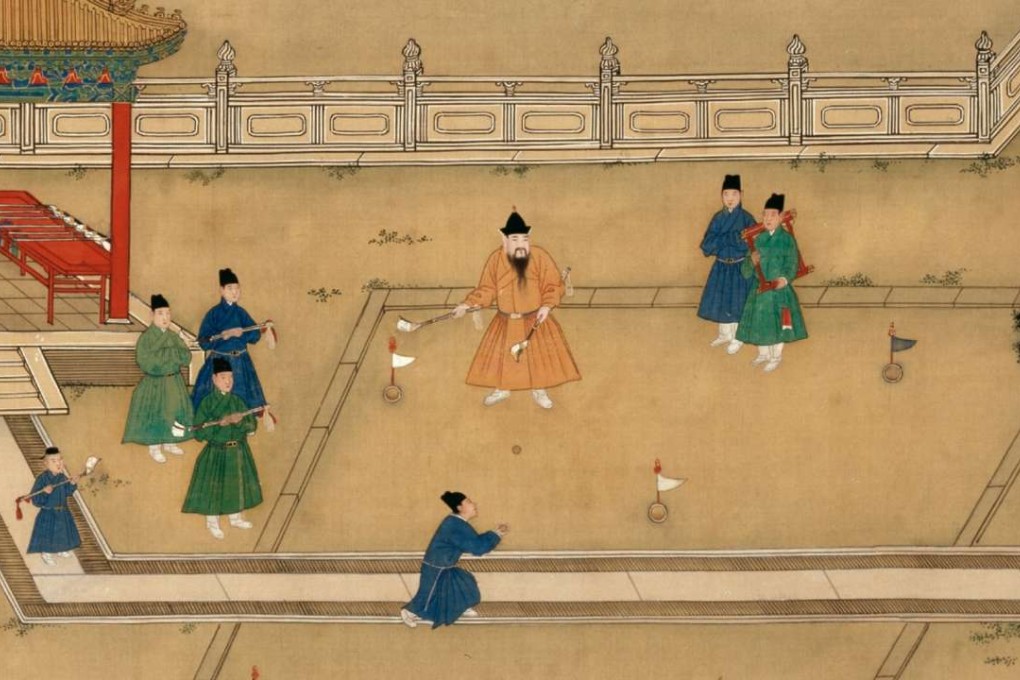The Communist Party has banned it, but key figures still believe ‘golf will grow in China’ – here’s why
Golf remains an enigma on the mainland – it may be an Olympic sport but courses have been shut down and party members banned from playing

When the Chinese Communist Party last year banned all 88 million of its members from joining golf clubs, a stigma became attached to the game.
The newspaper of the party’s anti-graft agency opined: “Like fine liquor or tobacco, fancy cars and mansions, golf is a public relations tool that businessmen use to hook officials.”
Although there are rumours that President Xi Jinping himself used to enjoy the occasional game before he reached the top job, the central government has had a moratorium on the construction of new courses since 2004, precisely two decades after the completion of its first – the Arnold Palmer-designed Chung Shan Hot Spring in Zhongshan, Guangdong province.
Beijing, it should be said, had never been golf’s biggest fan.
The moratorium was largely ignored by all and sundry and courses sprang up all over the place. From the deserts of Xinjiang to the bays of Hainan, few provinces were left untouched by a (well-heeled) hacker’s divot and subsequent pitch mark.
Golf was – and still is – an enigma on the mainland: a sport that the political elite couldn’t be seen to publicly endorse too enthusiastically; but one which maintains a considerable following among those entrepreneurs who, likely, relied on the very same political elite to help pave their way to vast riches.
You can get a lot of business done during five hours on a course followed by a decent post-round session at the “19th hole”.